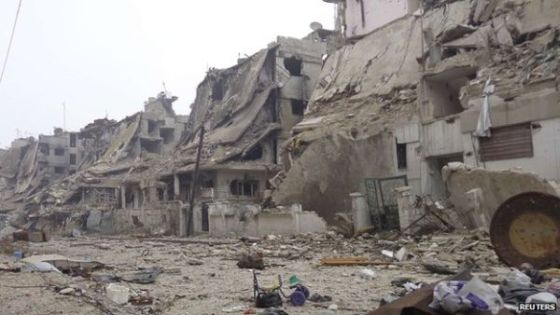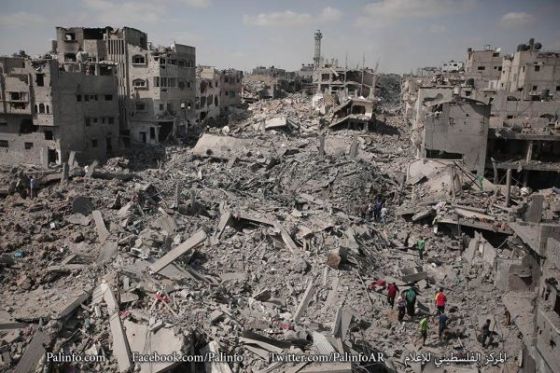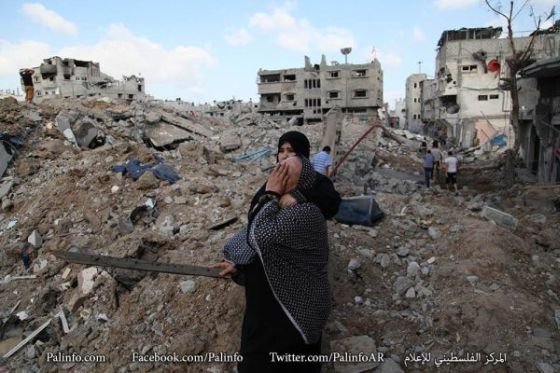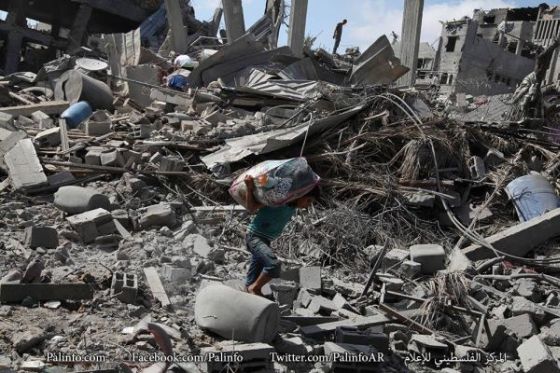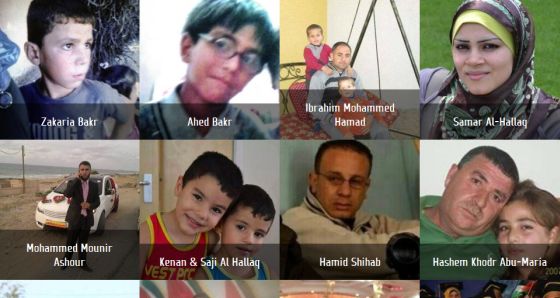As Hamas fighters battle on their home turf against the armed forces of the most militarized state on the planet, most of observers in the region who employ the term “axis of resistance” should have little trouble acknowledging that Hamas is a genuine resistance movement — except that is for Bashar al-Assad.
A few days ago Assad mocked Hamas as “amateurs who wear the mask of resistance.”
Hezbollah, whose own claim to be a resistance movement has been undermined by its willingness to help prop up Assad, has nevertheless reaffirmed its support for Hamas.
Reuters reports:
Hezbollah leader Sayyed Hassan Nasrallah pledged full support on Friday to the Palestinian group Hamas in its conflict with Israel despite a deep rift between the two militant organisations over the civil war in Syria.
“We in Hezbollah will be unstinting in all forms of support, assistance and aid that we are able to provide,” Nasrallah said.
“We feel we are true partners with this resistance, a partnership of jihad, brotherhood, hope, pain, sacrifice and fate, because their victory is all our victory, and their defeat is all our defeat,” he said.
Nasrallah delivered his speech in public in Hezbollah’s stronghold of south Beirut, a rare event for the militant Shi’ite Lebanese leader who has lived in hiding, fearing for his security, after Hezbollah’s 2006 war with Israel.
That inconclusive 34-day conflict won Hezbollah sweeping support around the Arab world for standing up to Israel’s military superiority. But its more recent military action in neighbouring Syria has eroded that regional backing.
Shi’ite Hezbollah has sent thousands of fighters into Syria to fight alongside President Bashar al-Assad’s forces, helping turn the tide against overwhelmingly Sunni Muslim rebels.
But the Hamas leadership, once based in Damascus, refused to support Assad as he confronted with force peaceful protests which broke out in 2011 and descended into an insurgency and civil war. Since then 160,000 people have been killed.
Adnan Abu Amer reports for Al-Monitor:
Hezbollah Secretary-General Hassan Nasrallah called [Hamas leader Khaled] Meshaal on July 20. This was the first official contact between Hezbollah and Hamas since April, a Hamas official informed Al-Monitor.
Hezbollah’s official website reported that, during his phone call with Meshaal, “Nasrallah praised the steadfastness of the resistance fighters in Gaza,” stressing that he “stands next to the Palestinian resistance and supports its conditions to end the battle.”
Al-Monitor contacted a Palestinian official in Lebanon who mediated Hamas’ troubled relationship with Hezbollah, who said, “It is no secret that the relationship between the officials has not been great because of the crisis in Syria. But Iran contacting Meshaal through the head of the Shura Council Ali Larijani, Foreign Minister Javad Zarif and a senior Revolutionary Guard officer on July 7 encouraged Nasrallah to call Meshaal despite the Syrian boycott of Hamas. Therefore, Nasrallah contacting Meshaal has not had positive echoes in Damascus.”



